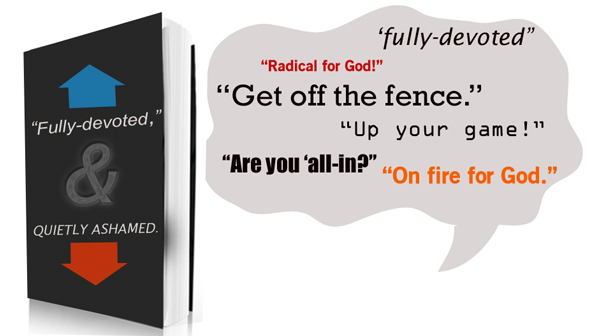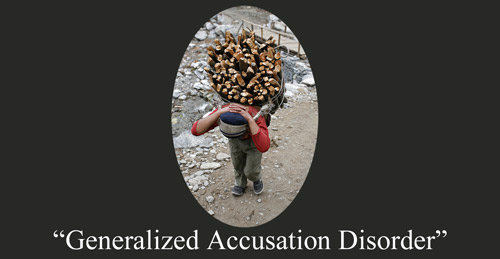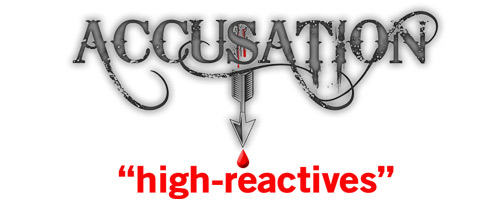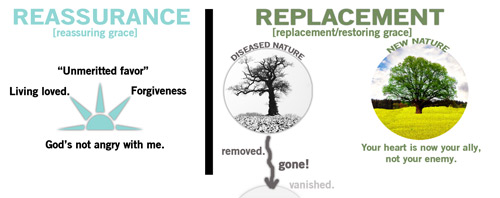What do you do when you don't get justice for the wrongs done to you?
- When the King seems more interested in pardonning your abuser than making sure you get justice?
 The betrayer claims "naud:"
The betrayer claims "naud:"
Everyone knew that Paladyr, the murderous betrayer, would receive the death penalty for what he had done to them: Stabbing his former king through the ribs - slicing the cold blade into the king's heart; then setting fire to a village that killed twenty-five, including young infants choking on acrid smoke as they burned while they slept in thatched huts; and joining ranks with the king's wicked son who raped, burned and slaughtered innocent life.
When they captured Paladyr, only a death sentence would satisfy the villagers' grief. But to the horror of every widow, every father of a burned child and everyone watching, Paladyr claimed "naud" of the High King, and the king granted it.
.................................................................................................................
In Stephen Lawhead's book, The Endless Knot [Part Three of his Song of Albion Trilogy], we watch as the wicked Paladyr stands before the Aird Righ, the new High King, arrogantly claiming the clemency and grace of "naud" - which if granted, would instantly erase his crimes; and with that, the hope of justice for the wounded. There would be no satisfaction for the mother whose daughter was thrown from the high cliffs as Paladyr tossed her onto the bone-splintering rocks below; nor any justice for the father whose baby lay under charred timbers.
Yet Paladyr didn't ask for the mercy of "naud" out of repentence or sorrow for his crimes: He isn't the humbled prodigal son: He asked because a bizarre twist of the laws of Albion gave him that option. In effect, "this personal feature of justice means that the guilty man can make a claim on the king which he has no right to make: naud."
If the King refuses mercy
Granting "naud" to a criminal put the king's own reputation at stake: if he refused to grant mercy, "the king effectively declared himself inferior to the criminal" because his grace couldn't surpass the criminal's wickedness. It would give the impression that the king's power and sovereignty would have limits: In effect, the king's authority would be constrained by the strict letter of the law, binding the king's authority to the narrow rights and wrongs, consequence and punishment the law demanded. In effect, not granting mercy/naud tied the king's hands to the law, making the King a servant of the law, rather than Sovereign over it.
If the King grants mercy
If, on the other hand, the king did grant pardon, allowing naud, his mercy would be seen as greater than than the crimes...extending his sovereignty beyond the guilty one's offenses. Because the king himself is justice incarnate, his choice to grant naud supercedes the strict letter of the law. He is able to grant mercy over and against a forensic, "eye for an eye" unforgiving legalism.
Because the High King of Albion did chose to grant the mercy of "naud" to Paladyr, the angry crowds' cry for justice found an unlikely answer: When the High King granted "naud" to the beligerant Paladyr, the king says that "in essence, I had been asked to absorb the crime into myself."
The truth behind the analogy
Does this not strike you as oddly familiar? Under the grace of Jesus' reign, justice is no longer a written code of sin and sanctions. Rather, Jesus, because he IS justice in the flesh, [as Lawhead says, "justice wears a human face"] isn't obligated to mete out justice according to a rigid adherence to a legal code: Rather, Jesus' authority supercedes the legal code: "The letter kills, but the Spirit gives life." [2 Cor. 3:6] God isn't obligated under law to dole out punishment equal to the crime, nor any punishment at all. He has granted us a peculiar gift of his sovereignty: he has given us the outrageous right to "claim naud" of him.
Justice absorbs the crime into Himself. The Cross is our claim to "naud."
 Monday, July 23, 2012 at 12:54PM
Monday, July 23, 2012 at 12:54PM 
 You can find new-hearted community - people who want to live from their good and noble heart - on the "COMMUNITY" page on my website. The focus is simple:
You can find new-hearted community - people who want to live from their good and noble heart - on the "COMMUNITY" page on my website. The focus is simple:
































